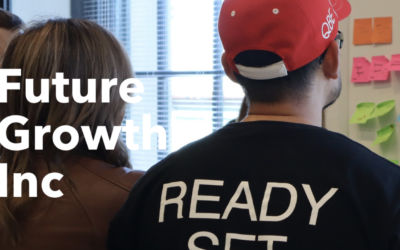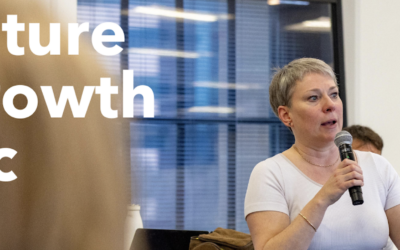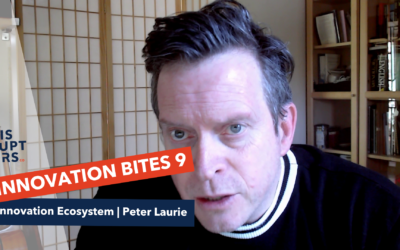Many years ago, I started measuring my business activities. It was the early days of the web and my boss was not that interested in this internet fad. After all, they had had a website for a few years and it had just been a massive expense.
But I had a sense that there really was something special about this new form of publishing and connection.
So I dropped a little bit of code into the website and started tracking what was going on with the website.
I started learning that we had some customers who visited us a lot. Some never. I found out that there were some pages that were popular, and others were barren – never visited. But when I discovered the way that people found us – how they arrived and where – the internet changed for me. I figured out that I could begin to analyse and interpret the data to tell a story about our customers and what they thought of us.
I began to track patterns of behaviour. I started to create scenarios and map journeys. It was exciting.
Since that time, I have loved the potential of data.
So now, when we run innovation programs, we measure everything. We track real world and virtual visitors. We conduct surveys. We count the number of workshops and business models we develop. We measure the iterations and the cycle times. We look at entrance and exit polls. If we could measure heart rates during design thinking workshops, we would (actually that’s an interesting idea).
We don’t do this for no reason. We do it to have a sense of mastery and focus around what is essentially a intangible business practice.
But, perhaps, most importantly, we do it because the data reveals a story. It provides us with the raw materials that indicate leads. Opportunities. Directions. And potential pivots. We actively and purposefully use data to tell the story of our business.
But we are not alone in this.
There are startups and businesses who do this exceptionally well. This pitch deck from workplace productivity platform, Front, delivers a compelling, data-driven, emotional and professionally focused business story.
CEO, Mathilde Collin takes this further and shares her insight into what worked and what did not in her pitch to investors. Some of the positive feedback included:
- We’ve painted an ambitious vision.
- We’re in the best position to execute it.
- We have a truly special team.
- Portfolio companies using the product had great things to say about it.
- Last but not least, apparently I did a good job at explaining Front. Clarity of communication is apparently something many founders struggle with. Make sure you are an expert at explaining and selling the opportunity in your business.
And it is this clarity of communication that is essential. You can have a great product, but without the clarity and focus of message, you’re never going to convince an investor or a customer. Remember, data and storytelling together win.




